Croghan commanded the remnants of a 140-man detachment that included his own company from Pittsburgh, and another seventy 8th Virginia soldiers who had missed the spring rendezvous at Suffolk, Virginia. For the year, Croghan's men were attached to the 1st Virginia Regiment. That regiment's field officers (colonel, lieutenant colonel, and major) were all sick or wounded, so a man of Croghan's own rank was in command: Capt. John Fleming from Goochland, Virginia. In a week, even Fleming would be dead. There is good reason to think that Croghan was also too sick to command his men and that Lt. Abraham Kirkpatrick (also from Pittsburgh) stepped up to lead. The crossing and the all-night march to Trenton were arduous. The bloody footprints in the snow we learned about in school were very real. Men who sat too long on the way to Trenton froze to death. But the suffering resulted in a victory over the Hessians that revived the American cause. “[B]eat the damn Hessians and took 700 and odd prisoners,” wrote Sgt. Thomas McCarty in his diary. The march back was even worse than the approach. A week later, at the battle of Princeton, only a handful of Captain Croghan's men were fit for service. At Trenton, Croghan's men fired on the enemy just yards in front of General Washington and alongside the soldiers of Colonel George Weedon's 3rd Virginia. Their victory, though small in military terms, revived a dying cause. Afterward, the overconfident British became more cautious and Washington found a tactical model for victory against an enemy that was better trained and equipped. Thereafter, Christmas would always carry a special meaning for those who were there. After the war George Weedon wrote a song that was sung each year at a large party he held at his home in Virginia. The song was remembered by the orphaned son of Gen Hugh Mercer, who died at Princeton. The younger Mercer knew Weedon as his “uncle and second father.” He recalled that for “many years after the Revolution my uncle celebrated at ‘The Sentry Box’ (his residence, and now mine) the capture of the Hessians, by a great festival—a jubilee dinner, if I may so express myself—at which the Revolutionary officers then living here and in our vicinity, besides others of our friends, were always present. It was an annual feast, a day or so after Christmas Day, and the same guests always attended. …I was young, and a little fellow, and was always drawn up at the table to sing ‘Christmas Day in ’76'…. It was always a joyous holiday at ‘The Sentry Box.’” Christmas Day in '76 On Christmas Day in seventy-six Our ragged troops, with bayonets fixed, For Trenton marched away. The Delaware ice, the boats below, The light obscured by hail and snow, But no signs of dismay. Our object was the Hessian band That dare invade fair Freedom’s land, At quarter in that place. Great Washington, he led us on, With ensigns streaming with renown, Which ne’er had known disgrace. In silent march we spent the night, Each soldier panting for the fight, Though quite benumbed with frost. Green on the left at six began, The right was with brave Sullivan, Who in battle no time lost. Their pickets stormed; the alarm was spread The rebels, risen from the dead, Were marching into town. Some scampered here, some scampered there, And some for action did prepare; But soon their arms laid down. Twelve hundred servile miscreants, With all their colors, guns, and tents, Were trophies of the day. The frolic o’er, the bright canteen In center, front, and rear, was seen, Driving fatigue away. And, brothers of the cause, let’s sing Our safe deliverance from a king Who strove to extend his sway. And life, you know, is but a span; Let’s touch the tankard while we can, In memory of the day. [Updated 12/25/20] More from The 8th Virginia Regiment
6 Comments
Despite his evidently very rough edges, Kirkpatrick became part of the post-war Pittsburgh elite. He co-founded the Bank of Pittsburgh and ran an early steel mill. His grandson Abraham Kirkpatrick Lewis was a pioneer in the Pittsburgh coal business, shipping coal on flat boats all the way to new Orleans. In 1794, President George Washington sent Abraham Kirkpatrick several bottles of imported wine to thank him for helping put down the Whiskey Rebellion. One bottle survives, having been kept by the family for over two centuries. Its contents are now evaporated into a dry sediment. It was put up for auction a few years ago but didn’t sell. Details about the object, including a high-definition image, can be seen at the Skinner auction house website. More from The 8th Virginia Regiment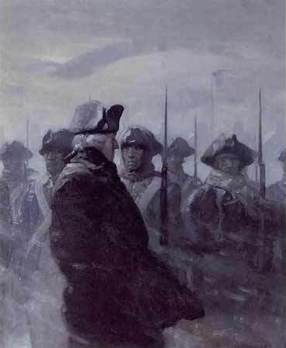 On December 14, 1776, the 8th Virginia’s Sergeant Thomas McCarty wrote in his diary, “I lay in camp and the excessive cold weather made me very unwell.” He and the rest of Washington’s army lay shivering on the west bank of the Delaware River, temporarily safe from the enemy who had chased them all the way from New York. This was the Revolution’s darkest time. Washington was losing. Badly. His troops were barefoot and hungry, and most of their enlistments were about to expire. People were giving up. Richard Stockton, a signer of the Declaration of Independence, swore allegiance to the King. Many others believed the cause was lost. For the enlisted men, the immediate problem was the historically cold December weather. McCarty had frostbite. “I had great pain with my finger,” he wrote on December 9, “as the nail came clean off.” For shelter, he made a hut out of tree branches. It burned down on the thirteenth, along with nearly everything he had. McCarty and the other men in Captain William Croghan’s company of Pittsburgh men had had it rough. They were separated from the rest of the regiment by hundreds of miles because they had missed the spring rendezvous at Suffolk, Virginia. Now, freezing in the snow after being hounded across New Jersey by the enemy, things looked very bleak. In two weeks, most of the army would go home—but not Croghan's men. Soldiers from Virginia (including Pittsburgh) were on two year enlistments. On December 14, 1776, it looked like they would remain behind only to see the Revolution’s last gasp. But things were about to look very different. |
Gabriel Nevilleis researching the history of the Revolutionary War's 8th Virginia Regiment. Its ten companies formed near the frontier, from the Cumberland Gap to Pittsburgh. Categories
All
Archives
June 2024
© 2015-2022 Gabriel Neville
|
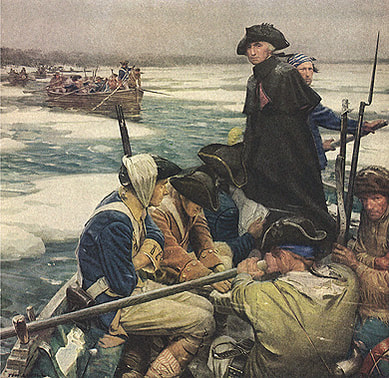
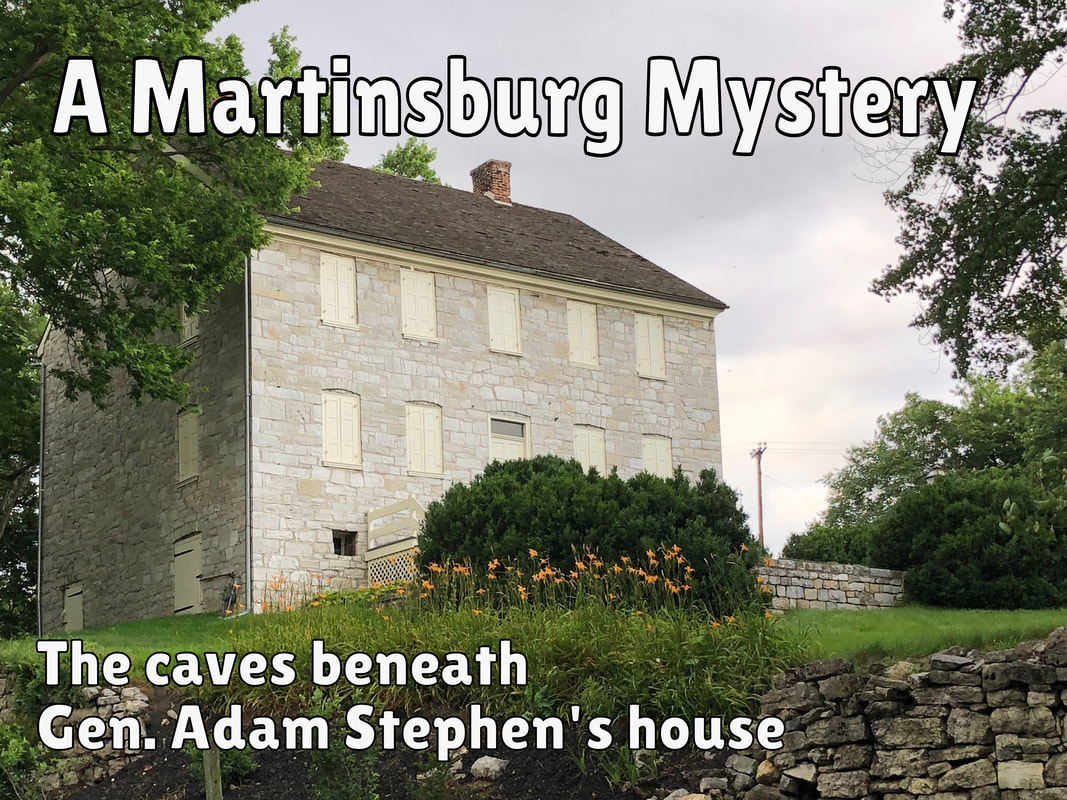
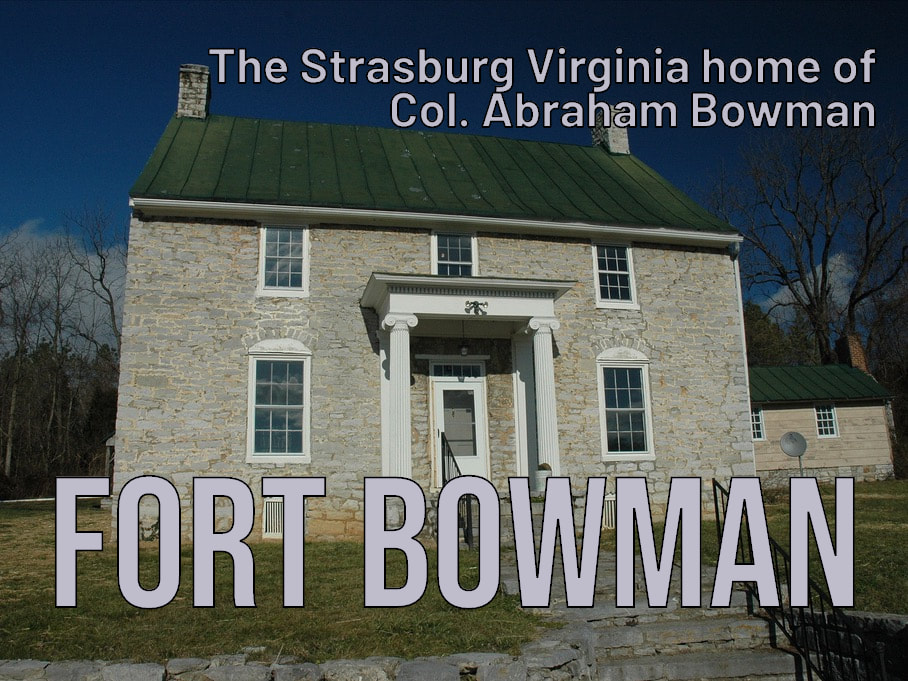
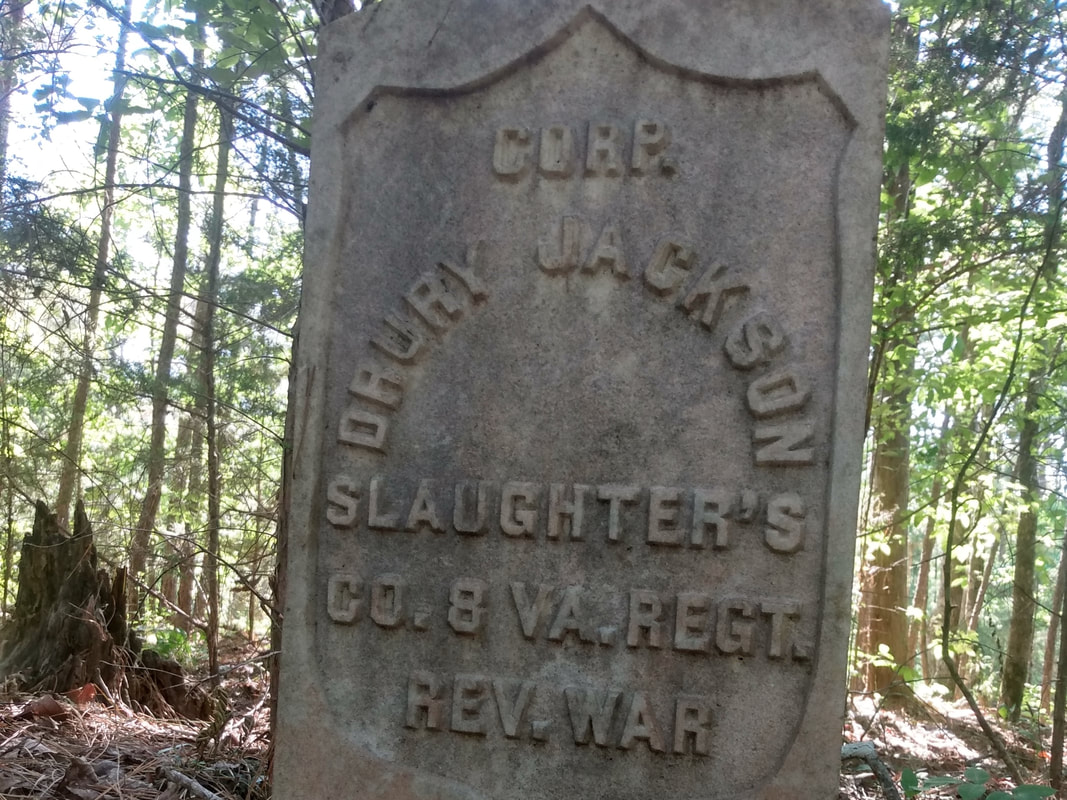
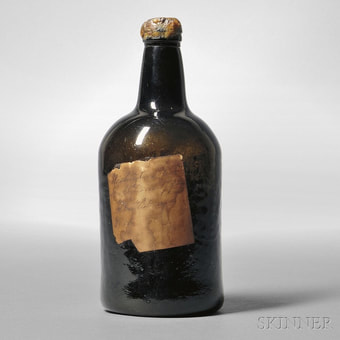
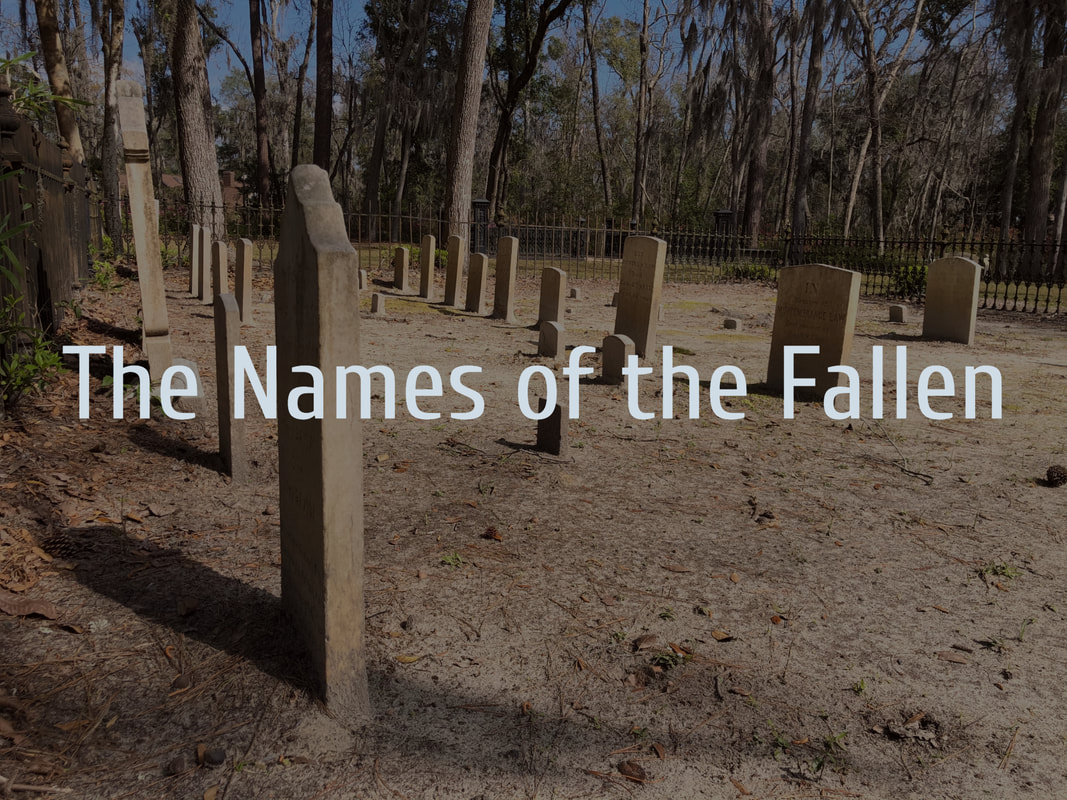
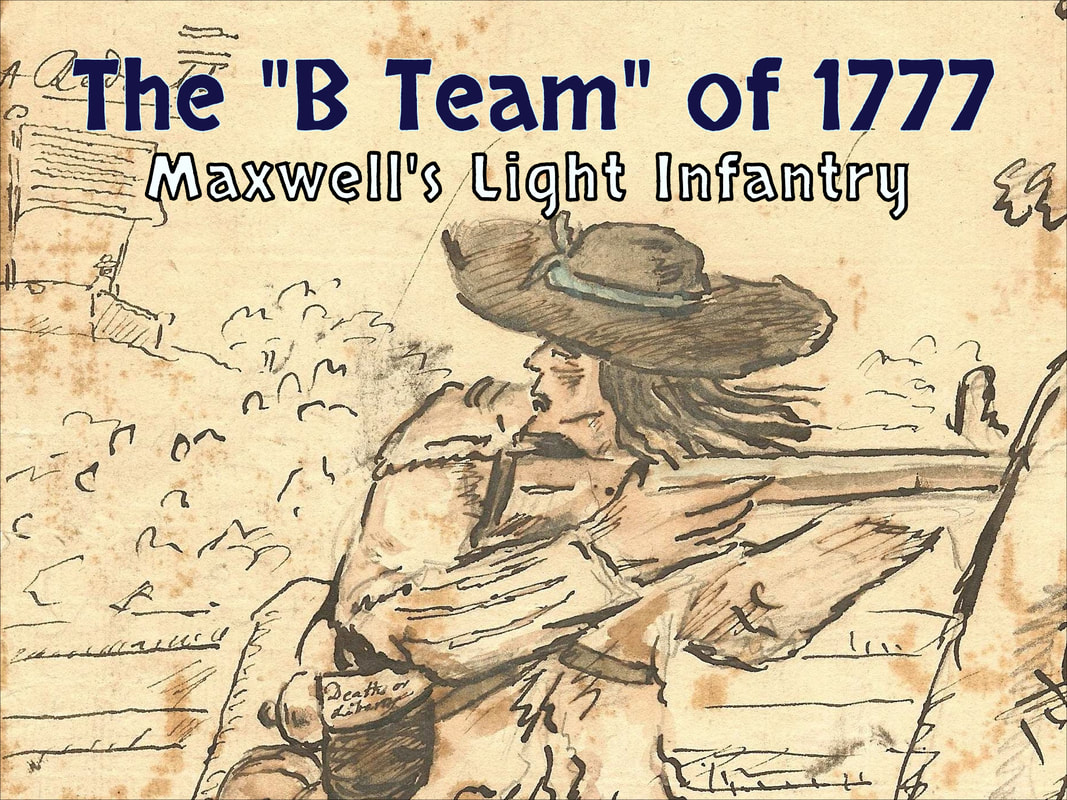
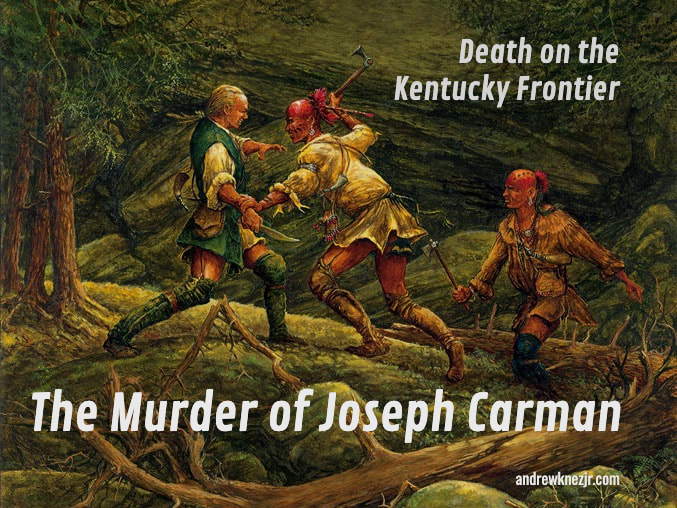
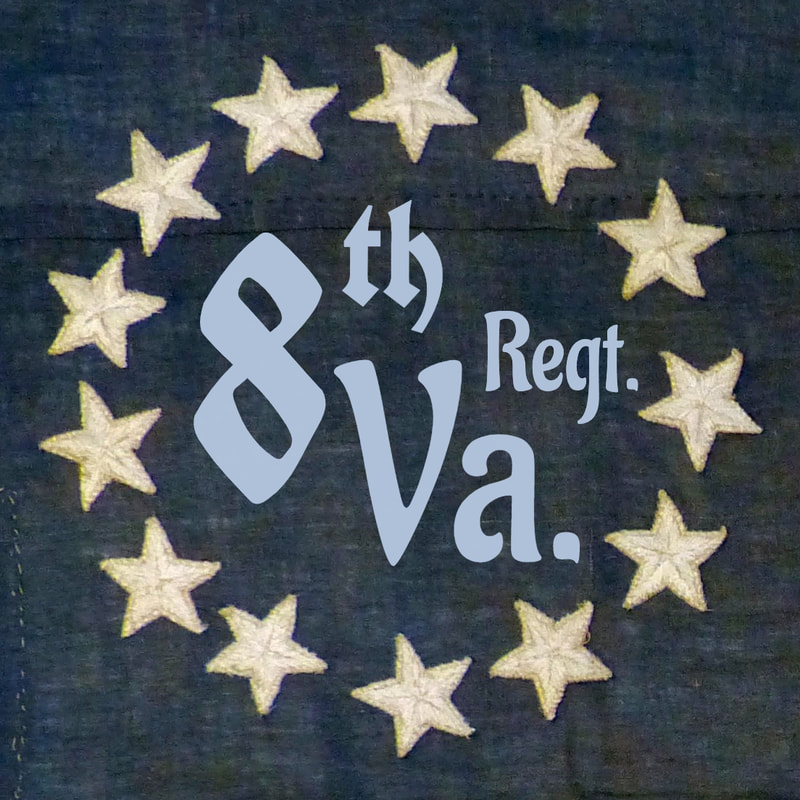
 RSS Feed
RSS Feed